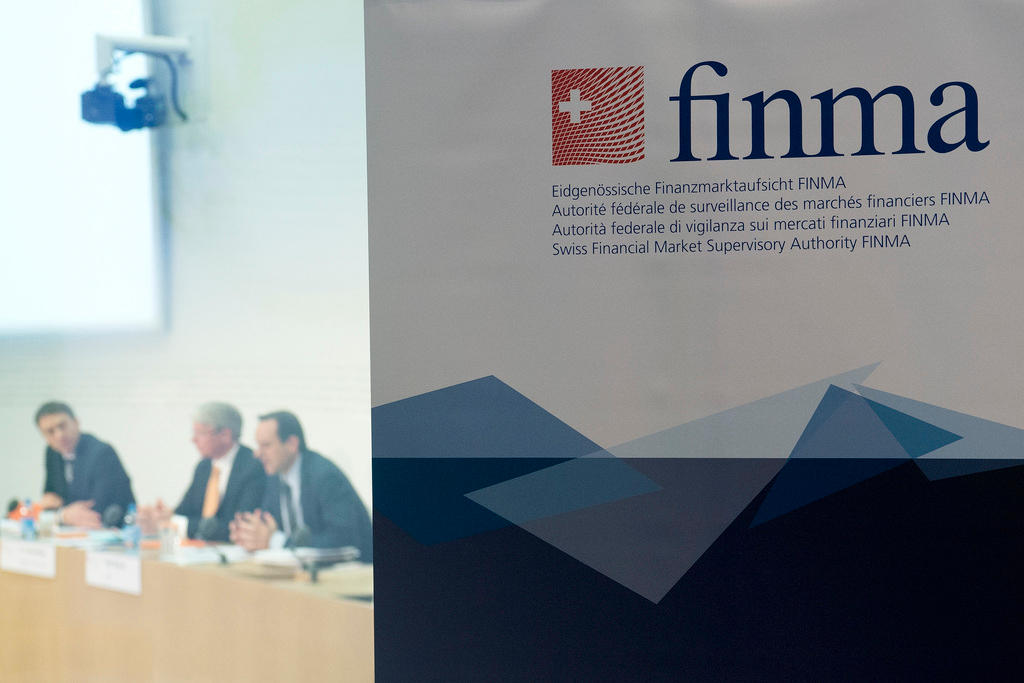Bitcoin upgraded from vacuous child to rebellious adult
As a naughty young child bitcoin was viewed as too vacuous and devoid of prospects to warrant serious attention. At the grand old age of 22, the cryptocurrency is poised to be given a seat at the high table by the Bank for International Settlements (BIS).
BIS, the central bankers’ club, has issued recommendationsExternal link for the “Prudential Treatment of Cryptoasset Exposures”. In other words: “How do we stop banks from exploding if they handle bitcoin?”
“Cryptoassets have given rise to a range of concerns including consumer protection, money laundering and terrorist financing, and their carbon footprint,” the BIS report states. “Certain cryptoassets have exhibited a high degree of volatility and could present risks for banks as exposures increase”.
If they are that bad, then why is BIS recommending “prudential” ways for banks to deal with them? There are two answers to this.
Like it or not, an increasing number of banks and other financial institutions (such as the Swiss stock exchange) are welcoming cryptoassets with open arms. Switzerland even has two banks that specialise in cryptoassets. And even if a bank doesn’t like bitcoin, there’s a fair chance that some of its wealthy (and not so wealthy) clients want to get their hands on the stuff.
Point number two is that the term “cryptoassets” now encompasses a broad spectrum – from bitcoin and ether to US dollar-backed stablecoins and “crypto” versions of traditional assets like company shares and bonds. Not all of them carry the same risk of exploding.
As I said earlier, bitcoin (which first made an appearance in 2009) has now “earned” the full attention of BIS, which plays an influential rule in setting global financial rules.
This turns out to be a bit of a back-handed compliment. There’s a caveat. Bitcoin may have come of age, but it’s still considered a problematic young adult prone to tantrums, rebellion and wild nights out on the tiles. Not the stuff of an orderly, predictable banking system.
Therefore, banks should handle bitcoin like a stick of dynamite – or an exotic hedge fund investment in a volatile emerging market. BIS recommends that the world’s regulators should slap a 1,250% risk-weighting on bitcoin. What does that mean?
For many assets on their books, banks are obliged to put aside a certain amount of capital as insurance in case the asset suddenly loses value. The riskier the asset, the more capital they must set aside. Banks don’t like tying too much of their capital in this way. They could be using it to make more money instead.
According to the complicated methodology of “risk weighting”, 1,250% is about as high as it gets. For every Swiss franc-worth of bitcoin a bank has on its balance sheet, it must set aside a Swiss franc as insurance. Most assets require insurance, or a capital buffer, representing a fraction of their market value.
In short, if the BIS recommendations are approved (they have gone out for consultation until September 10 and cover a much wider range of assets than bitcoin), it won’t be worth any bank holding bitcoin on its balance sheet. This is, after all, an asset that went up in value ten-fold inside 12 months only to recently lose around 50% of its value in the space of a few weeks. Even tweets by Tesla founder Elon Musk are enough to spark huge price gains or falls (really!).
None of this is really surprising. A few years back I was leaked a memo from the Swiss financial regulator that also ranked bitcoin as a highly risky asset when it came to capital buffers. BIS had also floated similar ideas on cryptoasset regulation back in 2019.
Back then, the Bitcoin Association Switzerland called the proposed treatment of bitcoinExternal link “absurdly restrictive”, adding: “In their contemplated extent, these measures might even violate the Swiss constitutional principle of economic freedom, as they would essentially prohibit banking with bitcoin.”
Banks do have the option of taking customer cryptoasset deposits off-balance sheet or entering into a partnership with a specialist financial services firm. But this workaround makes it more fiddly – and expensive – for a bank to connect the dots between Swiss francs and cryptocurrencies as investors cash-in and cash-out.

In compliance with the JTI standards
More: SWI swissinfo.ch certified by the Journalism Trust Initiative



You can find an overview of ongoing debates with our journalists here. Please join us!
If you want to start a conversation about a topic raised in this article or want to report factual errors, email us at english@swissinfo.ch.